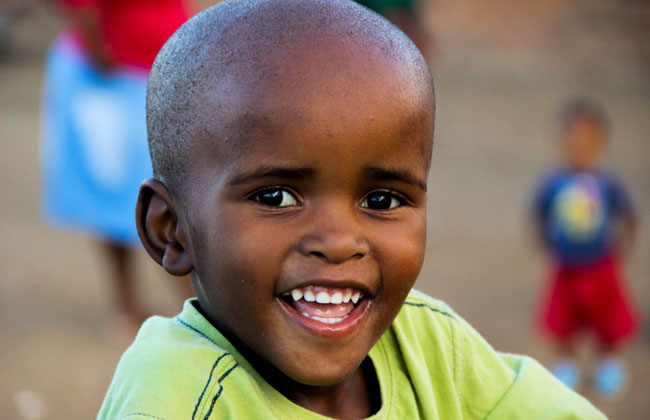RCA director of Global Mission Doug Leonard has heard the same question from RCA churches again and again:
“What can we do? How can we get personally involved in mission with our own hands and hearts?”
“That’s going to be a key question for RCA Global Mission going forward,” Leonard told delegates during the Global Mission presentation at General Synod Sunday night. “How can we get the people in our churches involved with their hands and hearts?”
The Global Mission presentation also offered churches an answer to that question: strategic impact areas.
Strategic impact areas are a new way for churches to engage in mission alongside RCA mission coworkers and partners across the world. They will concentrate resources on a specific ministry area to bring transformation about in a shorter amount of time. Each strategic impact area will be true to the hallmarks of RCA Global Mission—holistic ministry with local partners—while also including on-site volunteer opportunities. Networks of churches and individuals can partner with these areas to make a difference through their ministries.
Sunday night’s introduction highlighted Botshabelo, South Africa, which is one of the first three strategic impact areas Global Mission is launching.
In Botshabelo, the RCA will be supporting the work of Setshabelo Family and Child Services (SFCS), which connects Botshabelo orphans and vulnerable children with local adoptive or foster families. Christ Memorial Reformed Church and Bethany Christian Services are also partners in the work being done in Botshabelo.
The new partnership comes with big goals: to reduce the number of orphans and vulnerable children in Botshabelo by 10 percent and find local adoptive homes for 500 orphans. This will happen by dramatically increasing the number of area churches actively helping this vulnerable population.
Out of the 70,000 children living in Botshabelo, approximately 30,000 (43 percent) are orphans. Roughly 10,000 children are considered critically vulnerable, meaning that they are homeless, physically or sexually abused, neglected, and/or without food.
SFCS, founded in 2014, addresses the challenges of orphans and vulnerable children by mobilizing area faith communities. Its unique approach seeks to shift away from institutional care—orphanages—and instead develop family-based models for a child’s care.
Watch a video about Botshabelo and the work SFCS does in this area:
The other two strategic impact areas debuting this year are Nicaragua and Israel/Palestine.
See full synod coverage at www.rca.org/synod.





